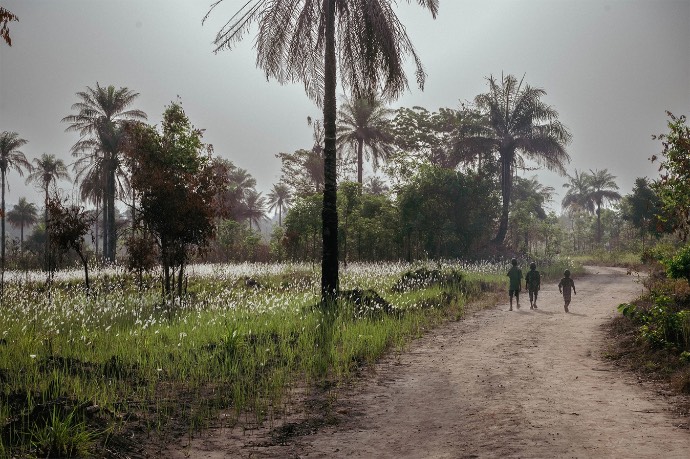Blog
Posted on July 8, 2025
By Heifer International

Jose
Like many of the farmers in his small community near Colonia Yucatán in Eastern Mexico, José Eliseo Uicab Ay rises before the sun comes up. He sets out from his home, traveling almost two miles down a narrow, tree-lined path to his milpa, a tract of land for cultivating crops amid the surrounding subtropical jungle endemic to the Yucatán peninsula.
Continue Reading
Posted on July 8, 2025
By Emily Whitehouse, Diversity Travel
 The urgency for climate action is growing. Following COP29, where 50 countries backed a call for enhanced climate action in tourism, it’s clearer than ever that the travel sector has a major role to play.
The urgency for climate action is growing. Following COP29, where 50 countries backed a call for enhanced climate action in tourism, it’s clearer than ever that the travel sector has a major role to play.
At Diversity Travel, we’re always looking for ways to make a positive impact, and we know many of our clients are too. That’s why we’re excited to announce the launch of several major enhancements to our online booking tool, designed to make sustainable travel easier and more accessible than ever before.
These new features empower travelers to reduce their environmental impact right from the point of booking. Whether it’s choosing rail over air, offsetting carbon emissions, or filtering for eco-certified hotels, we’re putting sustainability front and centre.
Continue Reading
Posted on July 8, 2025

Carbon Direct seeks to improve the quality and integrity of carbon management and broader decarbonization projects to advance climate mitigation. To achieve this, it draws on deep expertise across the biophysical, engineering, and social sciences.
A core pillar of Carbon Direct’s work is integrating climate and environmental justice principles to guide best-in-class practices. As the carbon market matures, Carbon Direct is expanding its focus to include broader social dimensions through our Community Impacts team.
In this Q&A, Nili Gilbert, Vice Chairwoman of Carbon Direct, sits down with Dr. Grant Gutierrez. Grant leads Carbon Direct’s Community Impacts team and the firm’s Social Impacts and Just Transition Strategy work, drawing on climate and environmental justice frameworks to promote equitable climate solutions.
Continue Reading

 The urgency for climate action is growing. Following COP29, where 50 countries backed a call for enhanced climate action in tourism, it’s clearer than ever that the travel sector has a major role to play.
The urgency for climate action is growing. Following COP29, where 50 countries backed a call for enhanced climate action in tourism, it’s clearer than ever that the travel sector has a major role to play. 